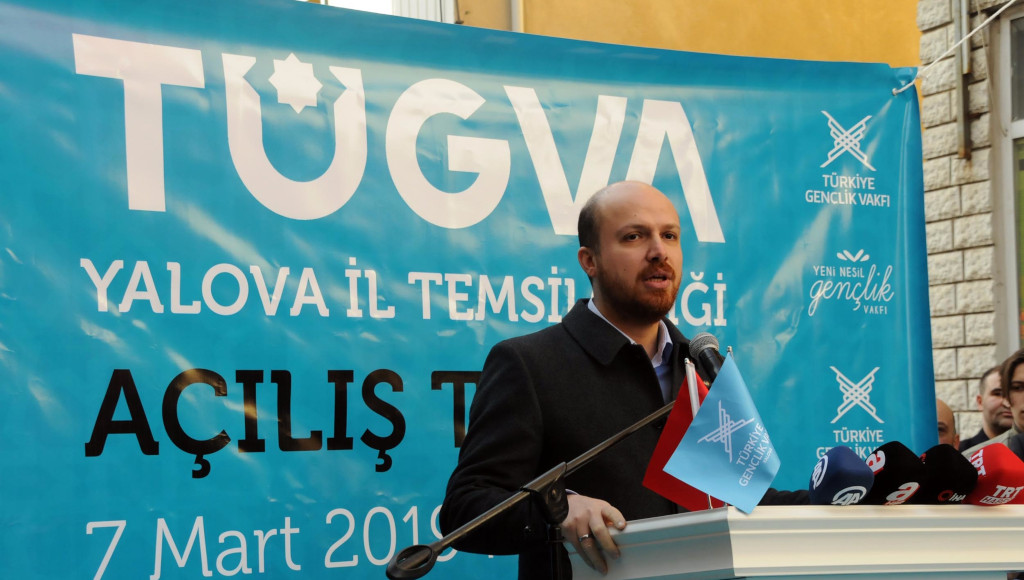The European Union is funding projects of foundations and think tanks that support Turkish President Recep Tayyip Erdoğan and his Justice and Development Party (AKP) government, despite the administration’s tough stance on journalists and rights advocates who use funds from abroad, according to an investigative journalist.
Reporters Without Borders (RSF) recently urged the Turkish government to drop proposed legislation targeting “agents of influence,” which could imprison journalists on accusations of disseminating black propaganda against Turkey. The legislation specifically threatens journalists working for foreign-funded media.
RSF highlighted past censorship efforts, such as the government blocking access to Voice of America and Deutsche Welle. It warned that the law would further restrict press freedom and endanger journalists, including those in exile, by potentially labeling them as foreign agents.
According to investigative journalist Metin Cihan, who shared his findings on X, foundations close to the Turkish government, such as the Turkey Youth Foundation (TÜGVA), the Service for Youth and Education Foundation of Turkey (TÜRGEV), the Foundation for Political, Economic and Social Research (SETA) which is a pro-AKP Turkish think tank, and the Önder Foundation of Science, Culture and Social Services, have received millions of euros from EU funds.
Cihan said the organizations that receive EU funds in Turkey include state broadcaster TRT and the World Ethnosport Confederation, which promotes traditional sports and is headed by Erdoğan’s son, Bilal Erdoğan.
According to Cihan’s findings, these foundations have utilized EU funds for various projects.
TÜGVA has been funded through the Erasmus+ program, specifically under project code KA227-YOU-098395, which lists TÜGVA as the project’s coordinator and a € 86,062 grant.
Cihan says pro-government foundations benefit from the very funds they criticize when used by independent media and NGOs.
Turkey, which has been suffering from a poor record of freedom of the press for years, ranks 158th among 180 countries in RSF’s World Press Freedom Index published on May 3 on the occasion of the World Press Freedom Day.
RSF’s special representative in Turkey warned that the proposed legislation would enable the Turkish government to not only continue undermining free speech and press freedom within Turkey but also beyond its borders since the amendment covers Turkish citizens, institutions and organizations located in a foreign country.
Many Turkish journalists who had to flee Turkey in the aftermath of a failed coup in July 2016 to avoid a government crackdown on non-loyalist media outlets and journalists under the pretext of an anti-coup fight have created their own channels of journalism in exile through which they extensively cover issues that go unreported in Turkey due to government pressure on independent journalists. These journalists, most of whom stay in contact with their audience through social media platforms, reach millions of people in Turkey.


